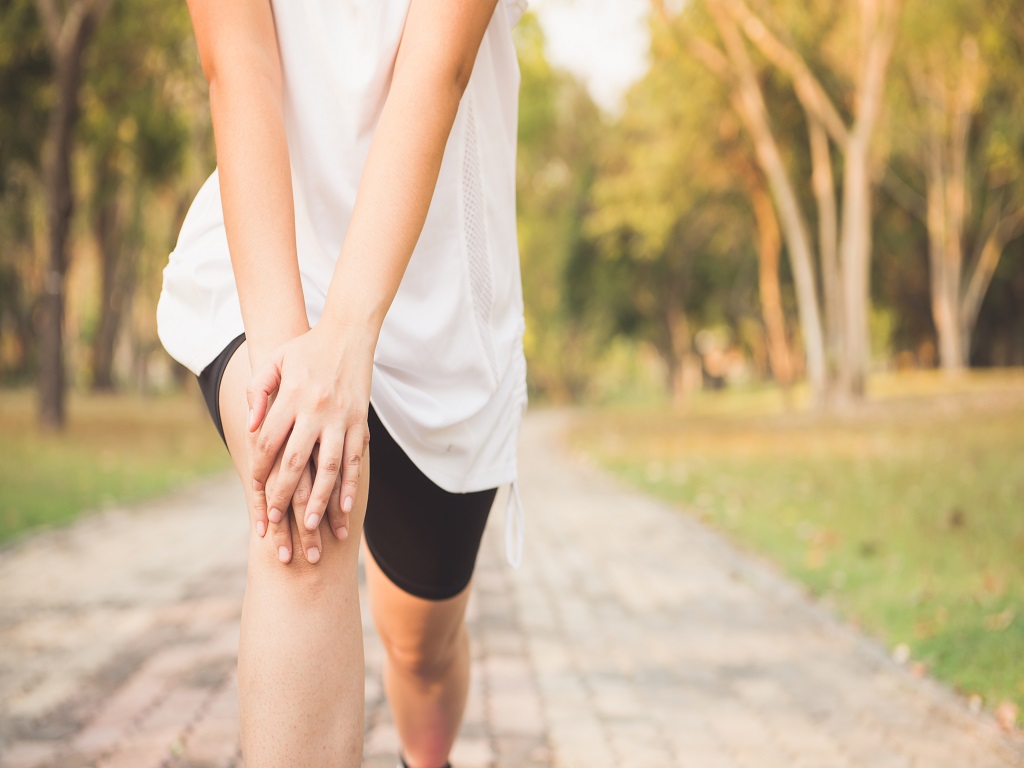Like a muscle, bone has a living tissue that deteriorates over time. The bones absorb nutrients and minerals through childhood, adolescence, and early adulthood, increasing their strength and density. The majority of humans reach their peak bone mass in their early 30s. This means our bones reach their maximum capacity, strength, and density. From that point forward, our bones start losing their density. Bones that lose density tend to fracture easily.
Women are prone to bone-related diseases like osteoporosis, particularly after menopause. Osteoporosis is a disease you get when you lose bone faster than you make it. It makes your bones weak and brittle. It is thus important to look after your bones from an early age.
Following are a few ways for women to promote bone health:
1) Food
Monitoring our diet and prioritizing vital nutrition like:
- a) Calcium: Increasing calcium intake is the bread and butter of improving bone health. Adults need 700mg of calcium from sources like dairy products such as milk and cheese, green leafy vegetables (excluding spinach), soya beans, tofu, plant-based drinks with added calcium, nuts, anything made with fortified flour, fish where you eat the bones, such as sardines and pilchards, etc.
- b) Magnesium: Magnesium plays a key role in converting vitamin D into an active form that promotes calcium absorption. Magnesium is found in small amounts in most foods, however, you can take supplements to ensure 400mg of magnesium per day.
- c) Zinc: Zinc helps make up the mineral portion of your bones. By stimulating the formation of bone-building cells, it prevents the excessive breakdown of bone. Good sources of zinc include beef, shrimp, flaxseeds, oysters, and pumpkin seeds.
- d) Vitamin D: Adults need 10mg of Vitamin D daily to promote bone health. Vitamin must not only be sourced from diet but also from the sun.
- e) Vitamin K: Vitamin K helps the body make protein for healthy bones and can help the body reduce the amount of calcium it excretes.
- f) Potassium: Potassium neutralizes the acids that remove calcium from the body
2) Exercise
Bone is a living tissue that becomes stronger when exercised.
The following exercises improve bone health:
- a) Weight-bearing exercises like walking, hiking, jogging, climbing stairs, playing tennis, and dancing that force you to work against gravity.
- b) Resistance exercises such as lifting weights.
If you have osteoporosis or low bone mass, consulting an expert for exercises is recommended to lower the risk of breaking a bone or injuring the spine.
3) To Avoid
- a) Caffeine: Excess caffeine accelerates bone loss in people who aren’t getting enough calcium.
- b) Alcohol & Nicotine: Consuming more than 1-2 drinks a week reduces bone mass by 2% per year. Alcohol and nicotine combined reduce 8% of bone mass per year.
Lastly, the bone density scan measures the calcium and other minerals in your bones using a low-dose X-ray. While it’s recommended routinely for women over the age of 65, it helps in diagnosing bone conditions beforehand, especially when it’s in the family history.








0 comments on “How To Promote Bone Health In Women? | Sancheti Hospital”